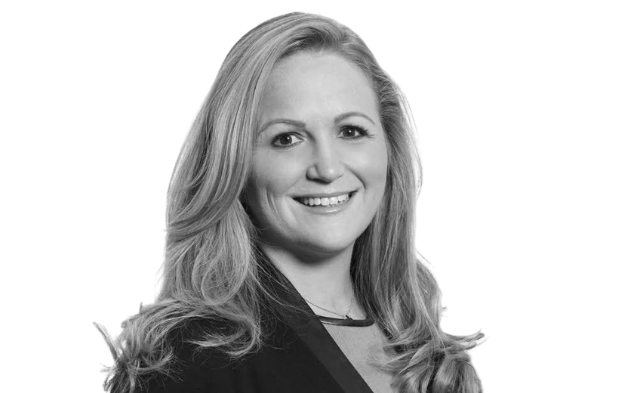Private markets are the cornerstone of CalPERS’ 2030 goal and strategic destination according to CIO Nicole Musicco, which will include building capabilities inhouse for direct investing.
Musicco said there were “a ton of structural changes in the market right now” – pointing to the geopolitical, climate change and the interest rate environment – that were informing the fund’s strategic focus. She said the 2030 strategy will be centred around a larger illiquid exposure in a cost-effective way, “as we gear ourselves to best in class pension investors”.
“We feel fortunate in a way that we are a little late to the game in investing in alternatives,” she said. “Our illiquid exposure is a lot less than our peers and with the structural changes, where we truly feel there will be some dislocation, we are not suffering from the denominator effect like others are. And that speaks to opportunity. What we are spending a bunch of our time on is thinking about how we allocate more to illiquid areas.”
As a result, the fund is focused on improving liquidity management, understanding the portfolio risks and what it is willing to pay for those risks, as well as more cost-efficient allocations.
She said CalPERS’ view was that in the current market, dislocation was going to happen and business structures would be turned upside down.
“So we think this is a very interesting time for us to have some dry powder to invest in some of the more illiquid areas,” she said.
Musicco recently boosted the team with the appointment of deputy chief investment officer for private markets Daniel Booth , former CIO of the UK’s Border to Coast, and Anton Orlich as managing investment director for growth and innovation, as well as Peter Cashion as the new head of the sustainability program.
“I’m excited about the leadership and talent we have been able to attract,” she said. “Daniel is knowledgeable in portfolio construction and has real expertise in private markets. He has tools in his toolkit that will help with continuous learning and professional development to bring us to best in class status, and to be my partner in leaning into the private market space through that lens of what does it mean to be a great direct investor.”
Musicco, who has spent much of her career in private markets including Ontario Teachers, IMCO and RedBird Capital Partners, said over time the plan was to move to direct investing and bring knowledge and capability inhouse.
Orlich re-joins CalPERS after spending the past three at Kaiser as head of alternatives where he grew the alternatives allocation from 15 to 50 per cent of the portfolio. He also held roles as the head of private equity at the Pivotal Group, as a portfolio manager in CalPERS’ private equity program from 2013 to 2016 and was a former consultant at McKinsey & Co.
“We are bringing on folks with more direct investing capabilities and bringing in a more global mindset to our thinking. It is easy to have a north American focus if you don’t have diversity at the decision-making table,” she said. “We want to have more of a global exposure over time and more cost-efficient direct investment exposure over time. Co-investment has been part of the lingo for the past 15 years, but I’d like to move over time to direct investing. This will mean hiring in more people.”
Private equity is the highest performing asset class in the CalPERS portfolio and returned 21.3 per cent to the end of June 30, 2022. The board increased the strategic asset allocation to private equity from 8 to 13 per cent starting at the beginning of the 2022-23 fiscal year.
See also CalPERS’ leadership trio on culture, mission and responsibility.



